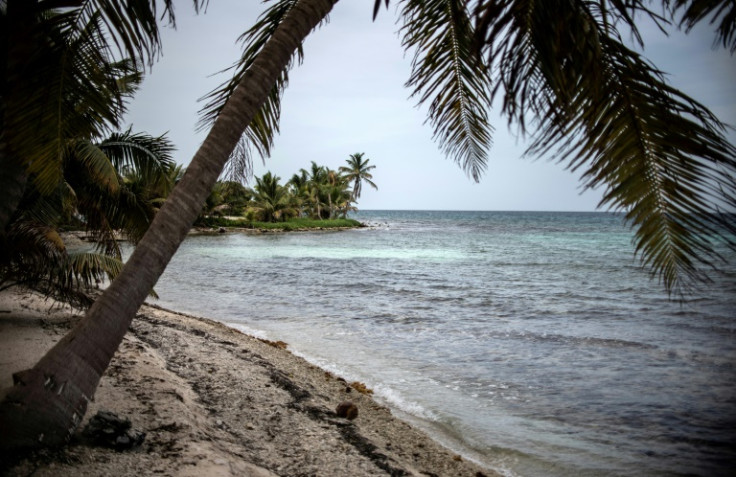
In the wake of National Conservation Day, the experts noted the Mexican government was slow in updating the endangered species' list, which did not include the queen conch, even though it was among the vulnerable.
The Caribbean reef island of Banco Chinchorro near Belize in Mexico has witnessed the hunting of the meat and salmon-pink shells of queen conch for decades now, leading to its numbers being drastically reduced. As a result, Mexico has banned the catching of the shellfish.
However, as the country celebrated National Conservation Day on Monday, the conservationists pointed out the government registry was too slow to feature the endangered species on the list, adding the current list was too short, AP News reported.
According to the law, the country has to update this list every three years. However, there has been no update since August 2019, making the list more than three years old.
A marine biologist at the Center for Biological Diversity, Alejandro Olivera, noted that the Mexican environment department was not responding to emails or text messages regarding the list's update. He added they accept proposals to update the list of species only in a public setting.
"We shouldn't have to wait until the government requests for new listings, because species can go extinct or populations can recover from one year to another," Olivera added.
Olivera went on to compare the Mexican agency with the U.S. Fish and Wildlife Service, noting that the latter takes 90 days to respond. It was not perfect, but better than not replying at all.
"Even if you have the hard data, the scientific information to prove that one species is really endangered, the process is not open," he said about the Mexican process. "You can't submit the proposal just out of the blue."
The Center for Biological Diversity submitted the suggestion to add the queen conch to the list of endangered species in April 2021 when the government opened the comment window. However, it's been more than a year and the group hasn't received any response yet.
A plant biology professor at Mexico's National Autonomous University, Angélica Cervantes Maldonado, also acknowledged it has taken longer than three years to update the list, AP reported.
"I know the situation of species is complicated and can deteriorate very quickly, but unfortunately here the regulatory process is much slower," Maldonado said.
Since 2010, Mexico's current list has been updated thrice -- out of which, once, the government made it shorter than before.
© 2025 Latin Times. All rights reserved. Do not reproduce without permission.







